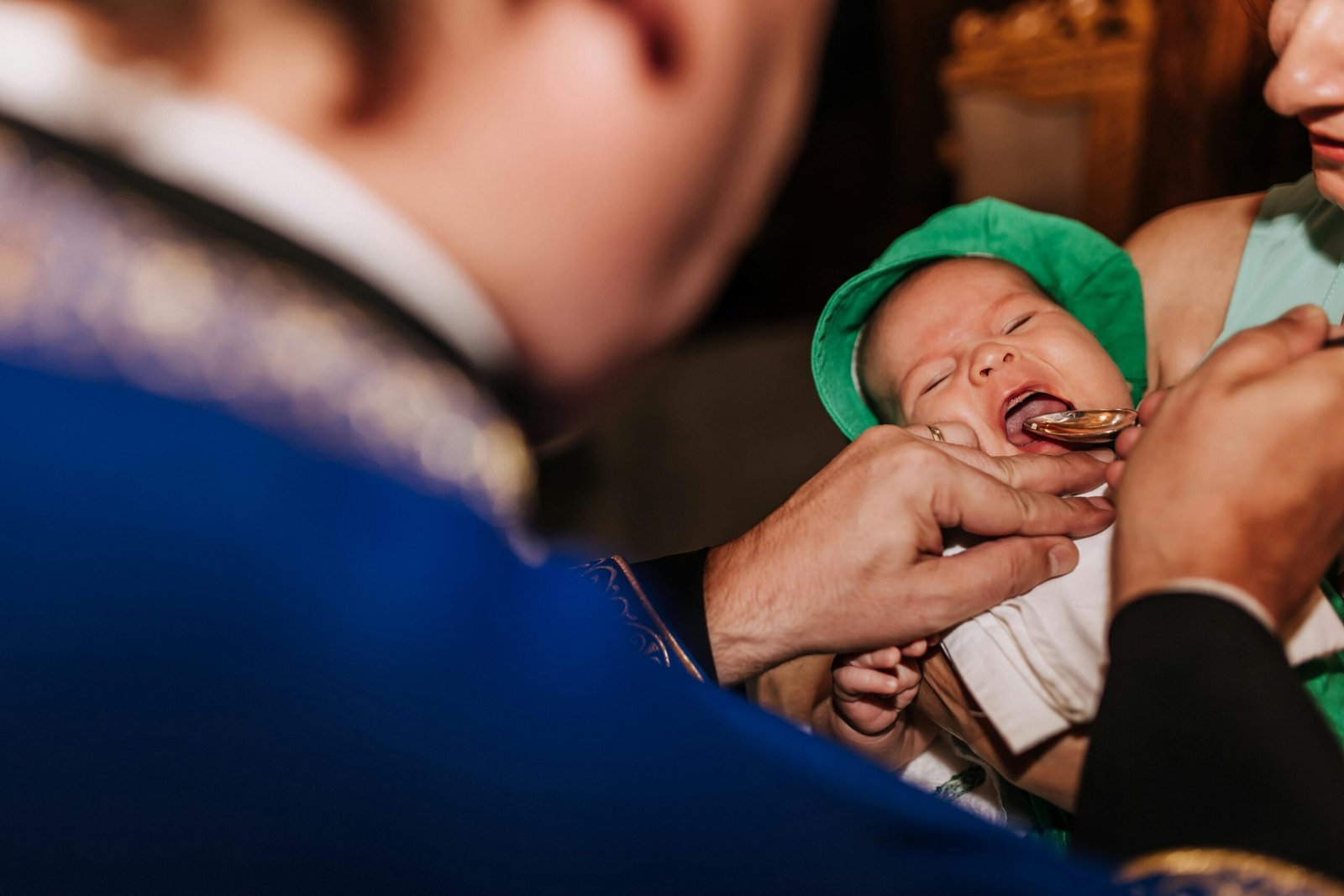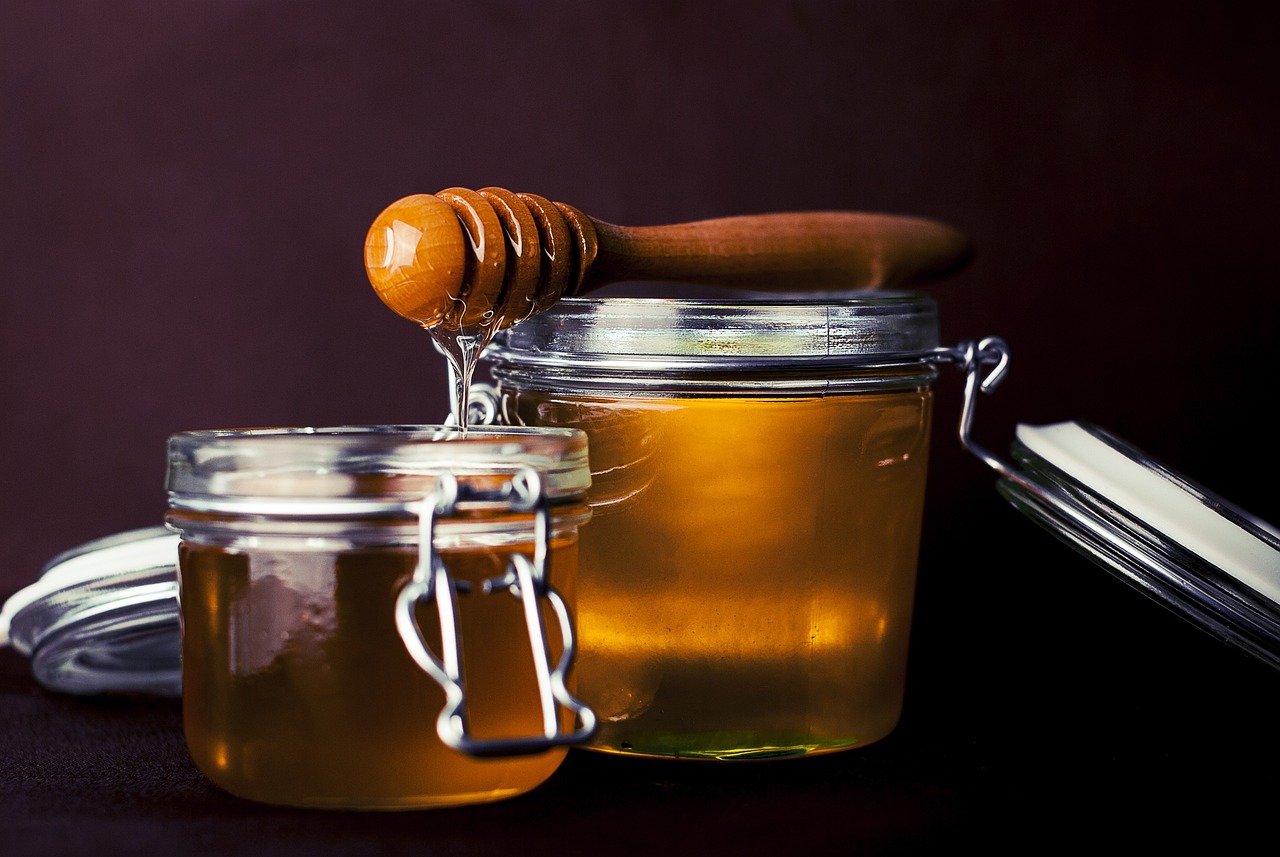Ah, honey—that golden, sticky sweetness nature generously provides us. It’s a delight in tea, a drizzle on pancakes, and a topping for toast. But for babies under 12 months old? Honey is a big no-no. If you’re wondering why babies can’t have honey, let’s break it down in the simplest and friendliest way possible.
First things first, it’s not because honey is inherently bad. Honey is packed with goodness for adults and older kids. The trouble lies in a tiny microorganism called Clostridium botulinum. Sounds like a villain from a sci-fi movie, doesn’t it? But this sneaky bacterium is why babies can’t have honey. Here’s how it all works.
The Science Behind Why Babies Can’t Have Honey

Clostridium botulinum spores are naturally present in soil, dust, and—you guessed it—honey. While these spores are harmless to most people, they’re a serious threat to infants. Why? Babies under 12 months old have immature digestive systems that aren’t ready to fend off these spores.
When these spores enter a baby’s digestive system, they can grow and produce a toxin that leads to infant botulism. Now, don’t let the fancy term scare you too much, but infant botulism can cause serious health problems, including muscle weakness, difficulty swallowing, and even breathing issues.
Adults and older children can handle these spores because their digestive systems are fully developed and filled with a diverse range of bacteria. These good bacteria fight off the spores before they can cause any harm. But in babies, those protective gut bacteria aren’t strong enough yet. That’s why babies can’t have honey until they’re at least one year old.
What Happens If a Baby Eats Honey?
If your little one accidentally gets a taste of honey, don’t panic just yet. The chances of botulism are low, but it’s still a possibility. Symptoms of infant botulism can appear anywhere from 18 to 36 hours after exposure to the spores. Here’s what to watch for:
- Floppy movements or overall weakness
- Constipation (a common early sign)
- Poor feeding or difficulty sucking
- Trouble breathing
- A weak cry
If you notice any of these symptoms and suspect your baby may have ingested honey, it’s crucial to seek medical attention immediately. The earlier it’s treated, the better the outcome.
Why Can’t Babies Have Honey in Processed Foods?
You might think that processed foods containing honey are safe because they’ve been cooked or pasteurized. However, the spores that cause botulism are incredibly heat-resistant. Standard food processing methods don’t guarantee their removal. That’s why it’s best to avoid all forms of honey, including baked goods and prepackaged snacks, until your baby’s first birthday.
Are Other Sweeteners Safe for Babies?
Since we’re on the topic of sweetness, you might wonder if there are alternatives to honey for babies. The answer is yes—but even those should be used sparingly. Babies under 12 months don’t need added sugars in their diet. Fruits like bananas, apples, or pears are natural and healthy options to satisfy their tiny taste buds. Just make sure they’re age-appropriate and prepared safely.
When Can Babies Start Eating Honey?
So, when is it safe to introduce honey? The magic milestone is 12 months old. By their first birthday, most babies’ digestive systems are mature enough to handle the spores without any risk. When you do decide to introduce honey, start with small amounts to see how your baby reacts. And don’t be surprised if they fall in love with it—it’s hard to resist!
A Little History of Why Babies Can’t Have Honey
You might be wondering, how did we even figure out that babies can’t have honey? Well, infant botulism was first recognized in the 1970s. Before that, the condition was a bit of a mystery. Researchers eventually traced cases back to the consumption of honey, among other sources. Since then, pediatricians and health organizations around the world have been spreading the word: no honey for babies under one.
Common Myths About Honey and Babies

- “Raw honey is safer than processed honey.” Nope! Whether it’s raw, organic, or straight from the farmer’s market, honey can still contain Clostridium botulinum spores.
- “A tiny taste won’t hurt.” While the risk of botulism is low, it’s not worth taking the chance. Even a small amount of honey can potentially introduce spores to a baby’s gut.
- “Pasteurized honey is fine.” Unfortunately, pasteurization doesn’t eliminate the spores responsible for botulism.
A Sweet Wait Worth It
So, why can’t babies have honey? It all boils down to keeping your little one safe. While honey is delicious and nutritious for older kids and adults, it’s best left off the menu until your baby’s first birthday. Until then, enjoy exploring other safe and healthy foods together. And when the big day finally arrives, you’ll have one more reason to celebrate—honey on everything!
Parenting is full of questions, but when it comes to honey, the answer is crystal clear: wait. Your baby’s health and safety are always the sweetest priority.
Frequently Asked Questions: Why Can’t Babies Have Honey
1. Why is honey a no-no for babies under one-year-old?
Oh, the golden sweetness of honey is tempting, but babies need to wait for their first birthday before indulging. Honey can sometimes contain a sneaky bacteria called Clostridium botulinum. While it’s harmless for older kids and adults, a baby’s digestive system isn’t mature enough to handle it. This bacteria can produce toxins that may lead to botulism, a rare but serious illness. So, think of it as a sweet treat to celebrate the baby’s one-year milestone safely!
2. Isn’t honey a natural food? Why would it be unsafe?
You’re absolutely right—honey is as natural as it gets. Bees work hard to make it, after all! But even nature has its quirks. The spores of Clostridium botulinum occur naturally in soil and can end up in honey. While most adults have a “strong stomach team” ready to fight off these spores, babies under one are still building that team. Their tiny tummies aren’t ready to take on these unwanted guests just yet.
3. Can heating honey make it safe for babies?
It might seem logical to think heat could zap those pesky spores, but unfortunately, it’s not that simple. The bacteria’s spores are incredibly tough—like the superheroes of the microscopic world! Boiling or cooking won’t destroy them. So, even if honey goes through a recipe, it’s still not safe for your little one until they’re older. Better to save those honey-drizzled snacks for when they’re ready to join the party.
4. Are other sweeteners safer than honey for babies?
Ah, the quest for alternatives! While honey is off the table for infants, you can opt for naturally sweet flavors from fruits like mashed bananas or applesauce. These are not only baby-safe but also packed with nutrients. Just remember, when it comes to added sugars of any kind, it’s best to wait until your baby is at least a year old. They’ll love the natural sweetness of fruits in the meantime!
5. What exactly is infant botulism, and how common is it?
Infant botulism is a condition where toxins produced by Clostridium botulinum spores affect the baby’s muscles, potentially causing weakness, poor feeding, or even breathing issues. Thankfully, it’s very rare! Fewer than 200 cases are reported in the U.S. each year, but since it can be serious, avoiding honey altogether for the first year is the safest move. Think of it as a small precaution for big peace of mind.
6. Does this mean all honey-based products are off-limits for babies?
Yep, that’s the short answer! Whether it’s raw honey, pasteurized honey, or foods containing honey, they all carry the same risk. Even those delicious-looking honey graham crackers or honey-flavored cereals should wait until your baby is older. It’s not just about plain honey—it’s about any food that lists it as an ingredient.
7. How will I know when my baby is ready to try honey?
Here’s the fun part: when your baby blows out that first birthday candle, you can introduce honey! By then, their digestive system has matured enough to handle those pesky spores. Start small—maybe a little drizzle on toast or mixed into yogurt—and watch them discover a whole new world of sweetness. They’ll enjoy it, and you’ll love seeing their reaction to this golden treat!
So, while it might seem like a long wait, it’s worth it to keep your little one happy and healthy. Honey will still be there when the time is right—just sweeter because you waited!
